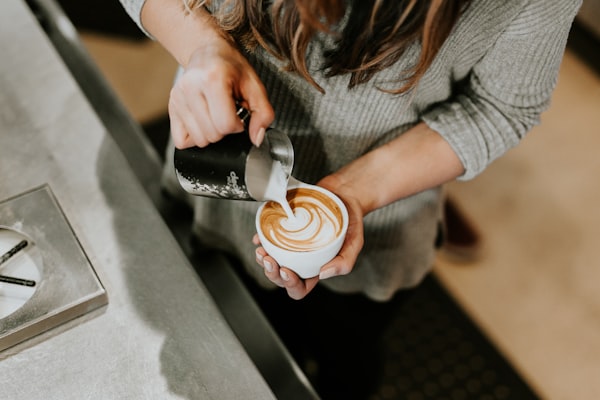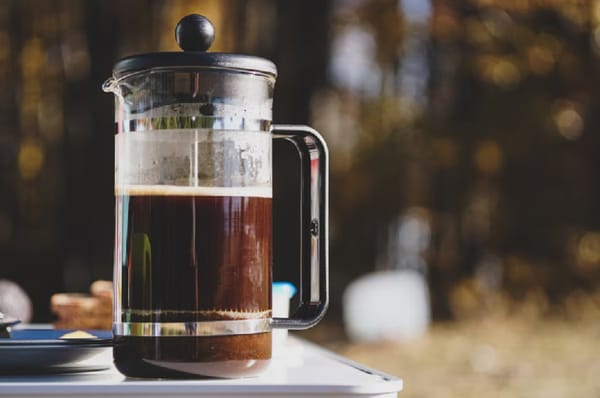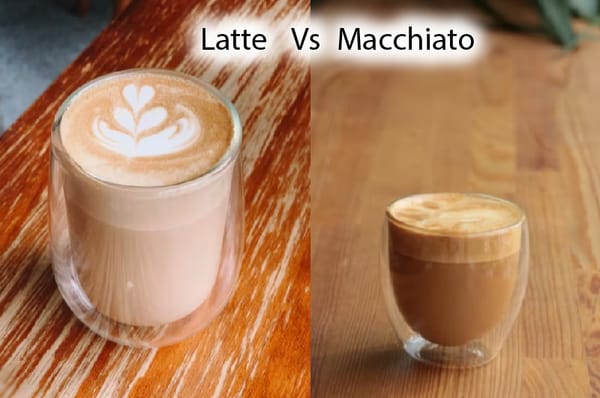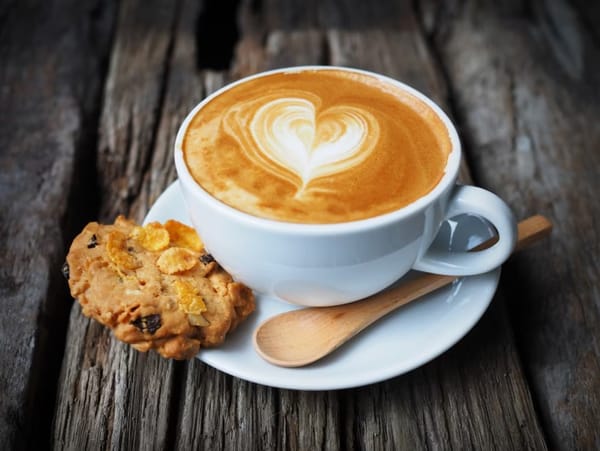Arabica vs. Robusta – Battle of the Beans
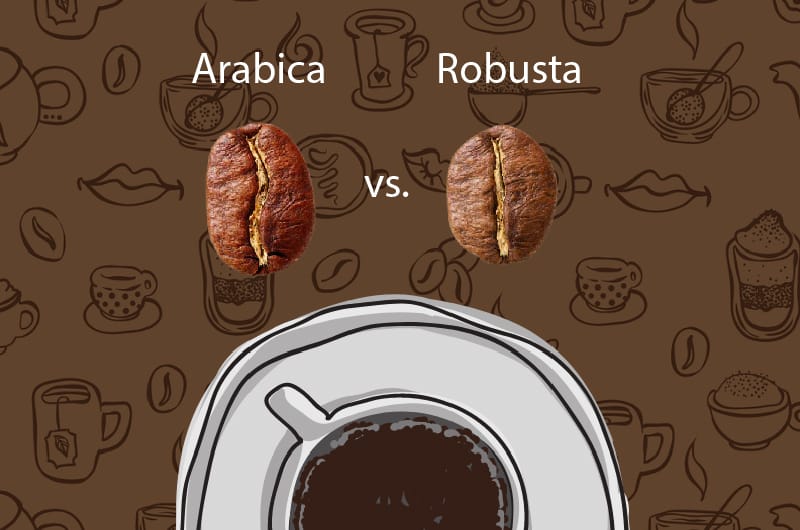
As coffee enthusiasts, most of us know about the Arabica vs. Robusta comparison, but if you aren’t familiar, don’t worry; this article is just for you. You may have often noticed multiple brands marketing their coffee drinks as Robusta coffee or Arabica coffee, making claims of unparalleled quality and transparent sourcing. However, not many people know how these varieties affect their daily cup of coffee, but we are here to change it all.
This detailed guide contains everything you need to know about Arabica and Robusta, the two main types of coffee drinks, so the next time you prepare a cup of Joe, you’re well-informed on its characteristics. Keep reading to learn more.
What is Arabica Coffee?
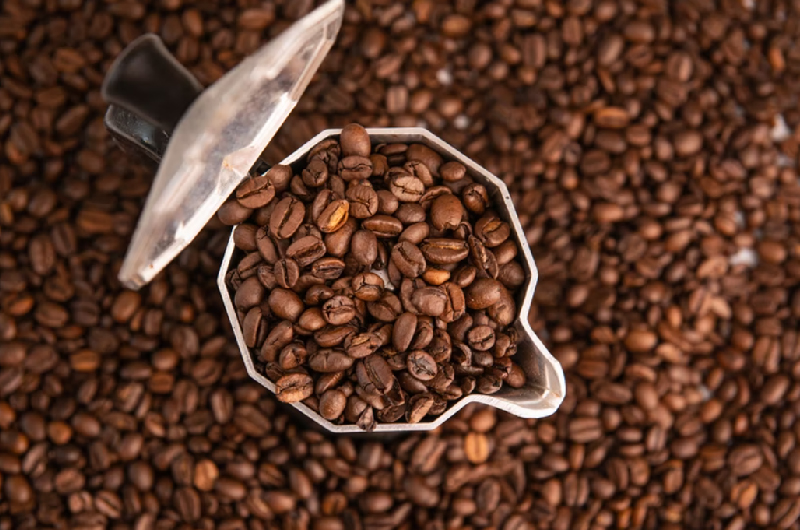
Arabica coffee beans come from the Arabica plant and are considered the most high-quality coffee blends globally. These beans also make up more than 60% of the cultivation area used to grow this community’s popular beverage and make up for most of the coffee production worldwide. Arabica beans require a tropical environment to flourish; hence many parts of Africa and South America, such as Ethiopia and Brazil, are one of the top exporters.
There are various types of Arabica coffee plants, but here are some popular ones:
· Pacamara
· Typica
· Bourbon
· Kona
What is Robusta Coffee?
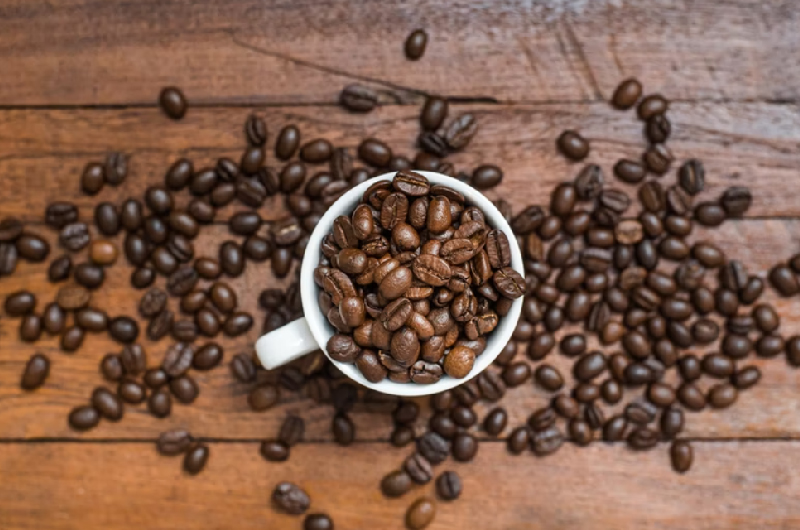
On the other hand, Robusta coffee beans come from the Canephora plant and are the second-best option available in the current coffee market. They make up around 40% of the total cultivation area used to grow coffee. Robusta is a primary export for many countries, including Indonesia, Africa, and sub-Saharan regions of Asia, primarily Vietnam. People often use these beans in a Moka pot to make espresso shots to remember.
There are various types of Robusta coffee, but here are some popular ones:
· Erecta
· Nganda
Arabica vs. Robusta, What’s the difference?
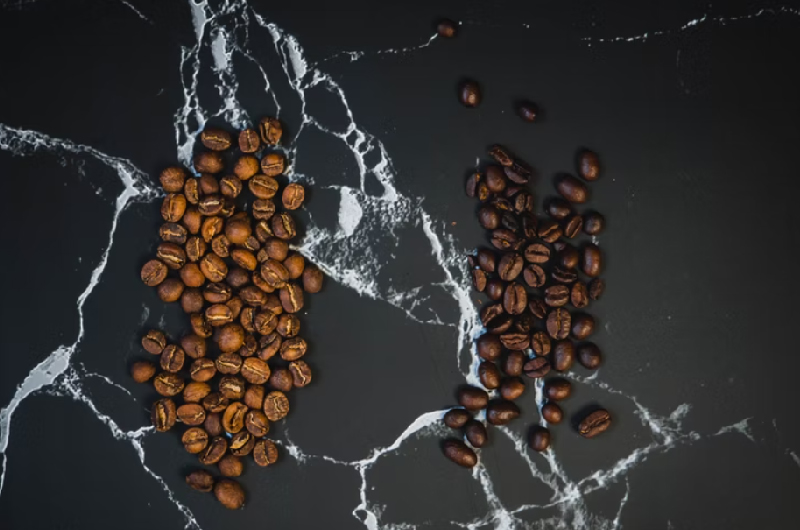
Now that you’re aware of the two main coffee types, it is time to find a suitable match for your coffee needs. Of course, personal preference goes a long way when choosing your desired type of beverage, so we will leave it up to you to decide the final verdict of the best coffee.
Let’s discuss the characteristics separately to inform you about Robusta vs. Arabica beans better. Take a look:
Taste:
Arabica coffee beans have a sweeter taste than Robusta beans, and they offer a sugary, creamy and deep flavor that makes them a versatile element in many dishes besides coffee. Arabica is also famous for its berry-like smell that is highly noticeable while roasting these beans.
Robusta beans have a harsh, pungent taste and a peanut-like smell when unroasted. If you roast them, you’ll bring out strong nuances of oatmeal-like flavor. Some people also argue that there is a dark chocolate aftertaste to Robusta coffee beans. If you’re a fan of bitter ground coffee and espresso shot, Robusta is the ideal choice.
Cultivation:
Arabica coffee plants are delicate work of nature that require consistent nutrients and almost ideal conditions to survive. They demand high altitudes and a tropical setting with no pests or diseases that can ruin the plant’s growth.
It also requires a perfect balance of shade and sun while soaking enough moisture from the air. Arabica plants usually die or fail to bear fruit if these demands aren’t met.
Contrarily, Robusta coffee plants are strong forces of nature that are resilient to almost anything you through at them. They can survive on lower altitudes and do not let any pests or diseases near them.
Since a Robusta coffee plant has an annoyingly pungent taste, bugs and microorganisms stay away from this coffee plant, providing a natural barrier. The plant’s self-protection mechanism works flawlessly, providing you more versatility in cultivation areas. If you’re looking to cultivate your batch of coffee easily, it is best to opt for Robusta coffee plant, especially if you’re a beginner.
Caffeine content:
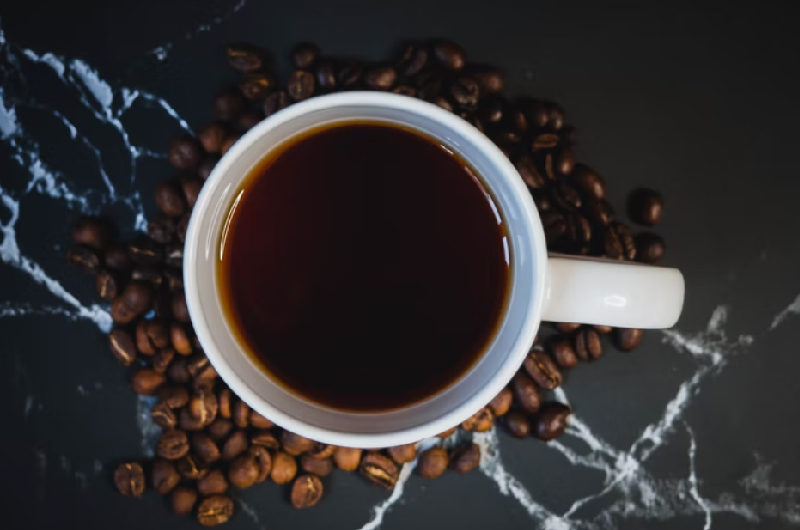
Arabica coffee beans have lesser caffeine content than Robusta beans. On average, one Arabica bean contains between 1.2 to 1.5% caffeine content.
Robusta coffee beans have a strong caffeine kick and are much more saturated than Arabica beans, and this property makes them ideal for espresso blends or instant coffee. On average, one bean of Robusta coffee contains between 2.2 to 2.7% caffeine content.
Therefore now you know which cup has the more caffeine volume if you brew a coffee of Arabica and Robusta separately.
Sugar and Lipids:
Arabica coffee beans are rich in sugar and lipids, giving the coffee cup its iconic sweet, creamy flavor, entirely different from what Robusta coffee provides. Robusta coffee beans have no sugar and lipids, hence the pungent taste.
Price:
Arabica coffee beans require consistent care to grow, and cultivators invest many resources in bringing out the excellent taste. So naturally, they cost more than the regular Robusta beans.
Robusta beans are much cheaper than Arabica, and you can easily grow them without any special care (only if the growing conditions are met).
Arabica vs. Robusta, which is better?
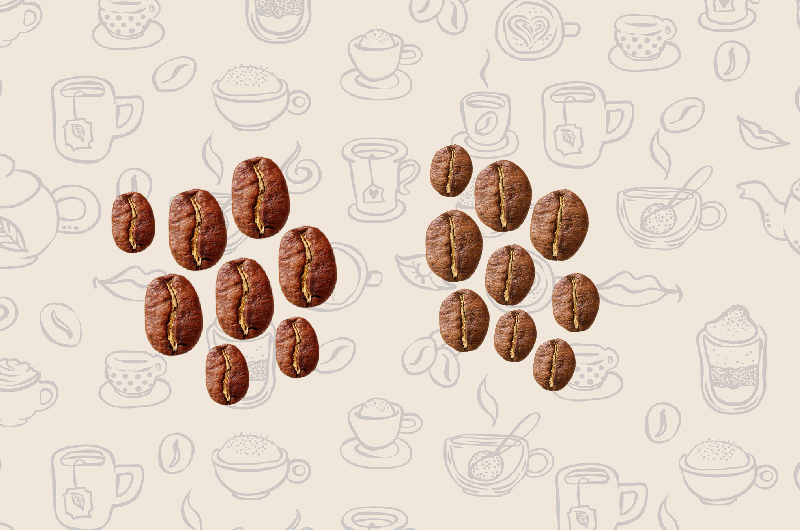
To crown the champion between the two coffee beans variant, you’ll have to consider your taste preferences. Arabica is exquisitely flavored sweet coffee, but the bitter taste of Robusta is familiar to many people who prefer it any chance they get. We discussed the many differential points between the two options, and now it’s up to you to decide your preference.
The inclination of the general community towards Arabica takes away nothing from Robusta as it is a primary element of the instant coffee market. Regardless of what you choose, you’re set to have a cup of coffee that takes your worries away.
Where to buy Robusta coffee beans?
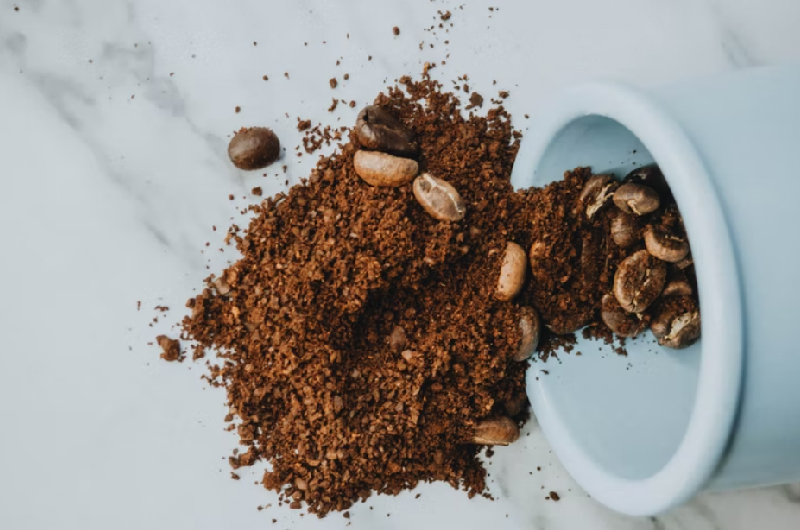
Robusta coffee beans are a co
Robusta coffee beans are a common grocery item in many stores, but since their demand is limited, you may go through some trouble finding a reliable vendor.
Remember that Robusta coffee is inexpensive, so don’t buy from someone trying to sell “expensive Robusta coffee.” It is the second most popular coffee type, so it’s impossible for you not to get your hands on it whenever needed.
Where to buy Arabica coffee beans?
Arabica coffee beans are a cherished item where many online stores offer unique varieties of this beverage with variable sugar content and taste. You can look for the branding ‘100% Arabica’ on coffee jars while purchasing one for your home or office to ensure you’re buying the right one.
Which is Healthier, Robusta or Arabica?
Coffee’s health benefits originate from its antioxidant properties that reduce inflammation of nerves and provide a calm feeling to anyone looking to enjoy a cup. Both Robusta and Arabica contain these antioxidant elements, but their quantity depends on the coffee roasting process.
For example, lightly roasted Robusta coffee has more antioxidants than lightly roasted Arabica. But if we talk about medium and dark roasts, Arabica takes the lead and proves to be more beneficial to human health. Hence, the healthier option between Robusta and Arabica depends on the type of roast you prefer for your coffee.
Is Starbucks Arabica or Robusta?
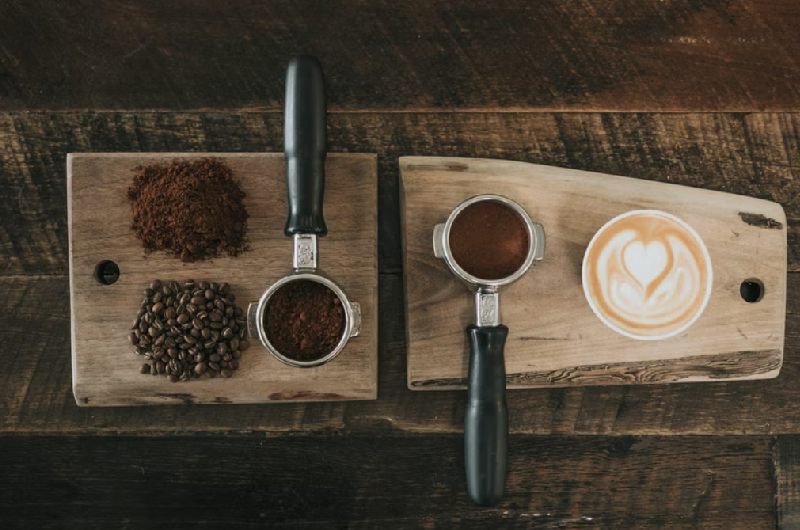
Starbucks exclusively uses Arabica coffee and advertises all their coffee products as 100% Arabica. Hence, it has a sweet-savory taste that feels incredibly high-quality.
Why is Arabica more popular than Robusta?
Arabica’s sugar content is twice as much as Robusta, making it a sweet beverage with enormous applications in modern cuisine. Since the general community prefers a welcoming taste whenever they visit a bar or a café, it is ideal for coffee makers to include Arabica in their offerings.
Imagine sitting in a fancy Paris café, and they serve you the bitterest coffee you’ve ever had in your life. It’ll probably ruin your evening, and you won’t be able to enjoy the coffee you wanted.
Robusta bean has its moments to shine as a complementary element in instant coffee, so you never have to go through with the grinding and extracting process.
The point is, Arabica’s popularity is mainly due to Robusta’s limited use and preference by the community. Of course, there are places and regions where people almost completely use Robusta as their daily driver.
Can you Mix Robusta and Arabica in a single cup of coffee?
Yes. Mixing Arabica and Robusta coffee in a single cup of coffee results in a perfectly balanced beverage. Ideally, you’ll be putting in 10% Robusta in Arabica coffee.
Ensure that you don’t add too much, or you’ll be compromising on the taste significantly. Also, ensure that you don’t use dark roasted Robusta beans, especially those with oil on their surface.
Are there other types of coffee beans?
Yes. Asides from Robusta and Arabica, there are two more main types of coffee beans commonly found in many tropical areas of high-altitude African countries. They are known as:
Excelsa:
Hardest coffee bean that accounts for only 7% of global coffee usage
Liberica:
Slightly different than Excelsa and has an irregular shape
All the coffee variants have completely different taste and flavor profiles, giving coffee enthusiasts multiple options to choose from and enjoy.
Which Coffee Beans Should I Use?
The answer to this question depends entirely on your personal preferences. Each type of coffee bean contains one or more appealing elements that pair well will particular cuisine or stand out on their own. Such as high-quality Robusta is a sought-after delicacy in many parts of the world to make espresso blends. It also is a community popular beverage due to the peanutty aftertaste. Similarly, coffee Arabica is a sweet and savory daily driver for many who want a refreshing beverage before they head to work.
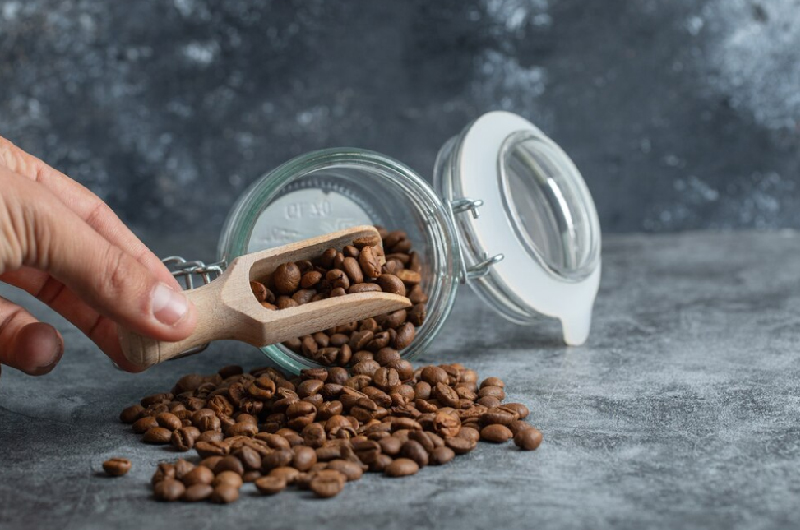
You must decide which type of coffee beans you want to accessorize your kitchen cabinet. The best way to make a final decision is by experimenting with the variants and weighing them according to your likes and dislikes. It’ll give you a clear overview of your preferences, and you’ll be well aware of what jar of coffee to pick on your next grocery visit. The best coffee is what you like as your morning cup.
A Necessary Precaution:
As we have established that Arabica is a much more nuance-filled coffee experience, whereas high-quality Robusta is for the demanding coffee lovers with a knack for the original coffee taste. In any case, there is a common misconception in the community about Arabica and Robusta, resulting from false branding.
Many brands label their product as 100% Arabica, which translates into ‘high-quality coffee.’ This assumption is seldom valid. Although Arabica is more refined and a relatively expensive alternative than Robusta, a coffee jar filled with 100% Arabica isn’t necessarily high or lower quality. So be wary of such branding and only source your coffee beans from credible vendors.
Conclusion:
There you have it; a complete overview of Arabica and Robusta. We hope you are now well-aware of all the necessary information, so your next cup of coffee tastes better than it has ever been. It is best to give each coffee sample a try before setting your mind on your daily companion.
There is a common misconception that Robusta is a lower quality coffee with adverse effects, which is not true. It does take less effort to grow a Robusta plant; hence the price automatically decreases. Your unique preference and health aspects will greatly decide the type of roast and coffee that suits you. So explore and enjoy. Cheers!

